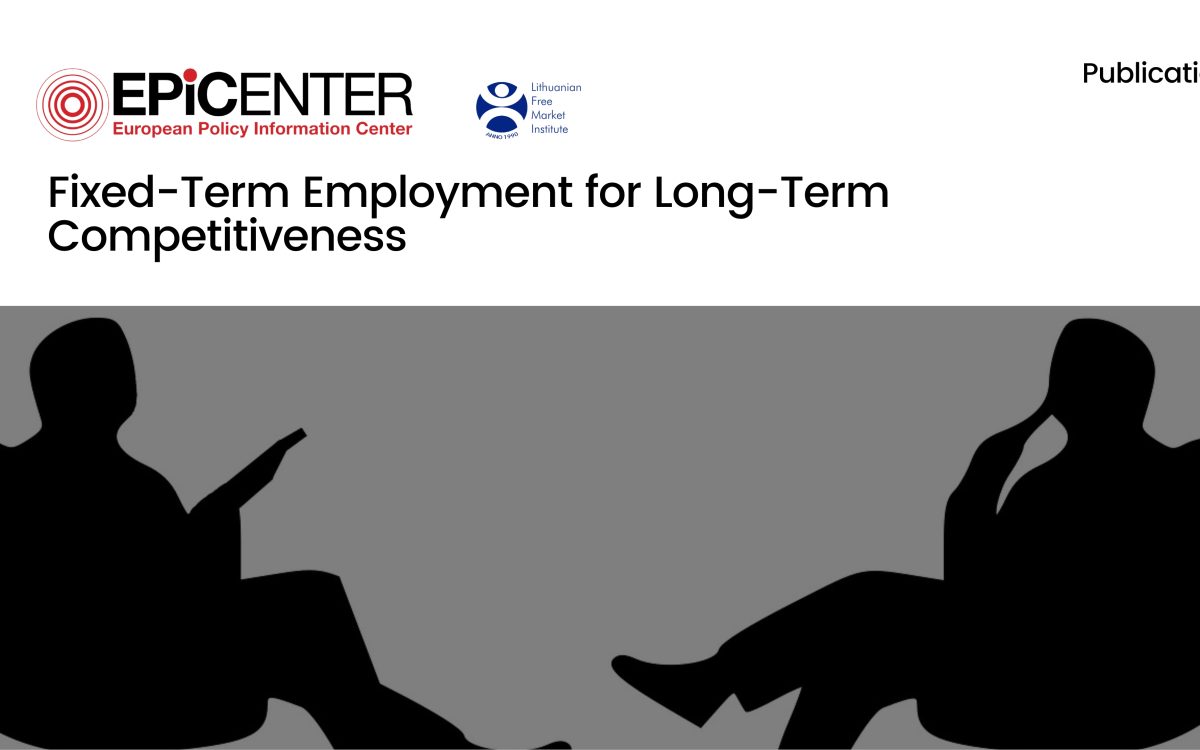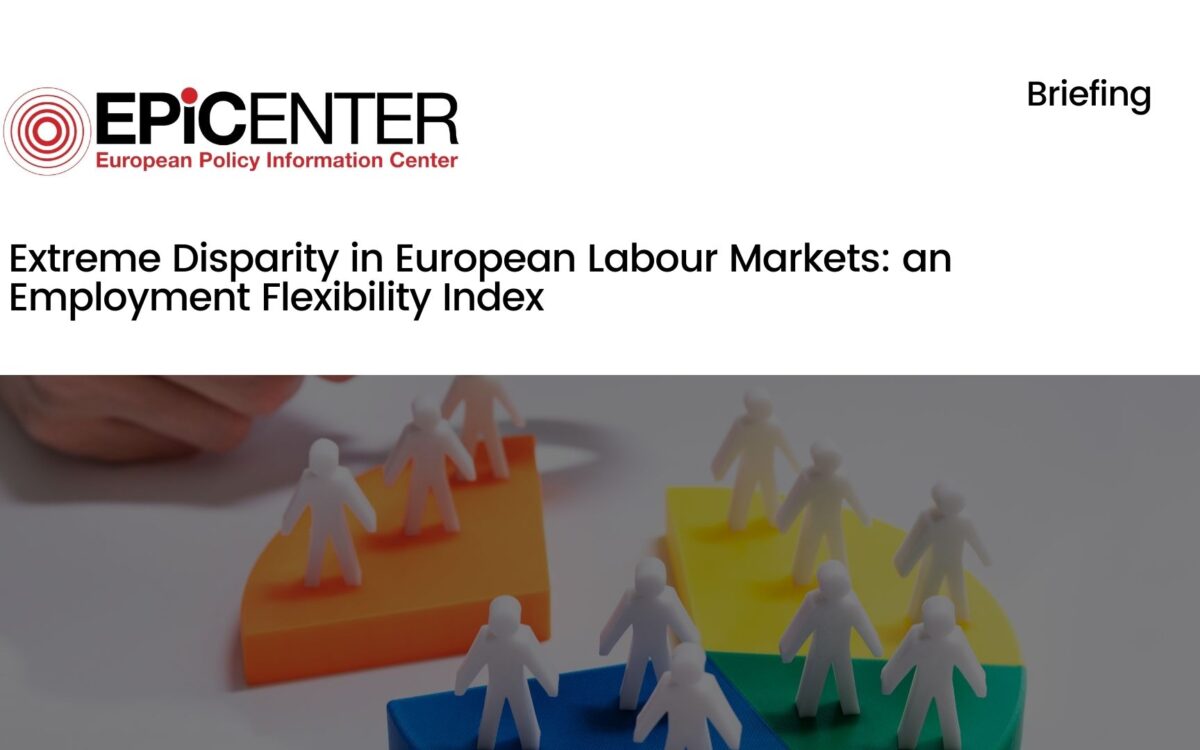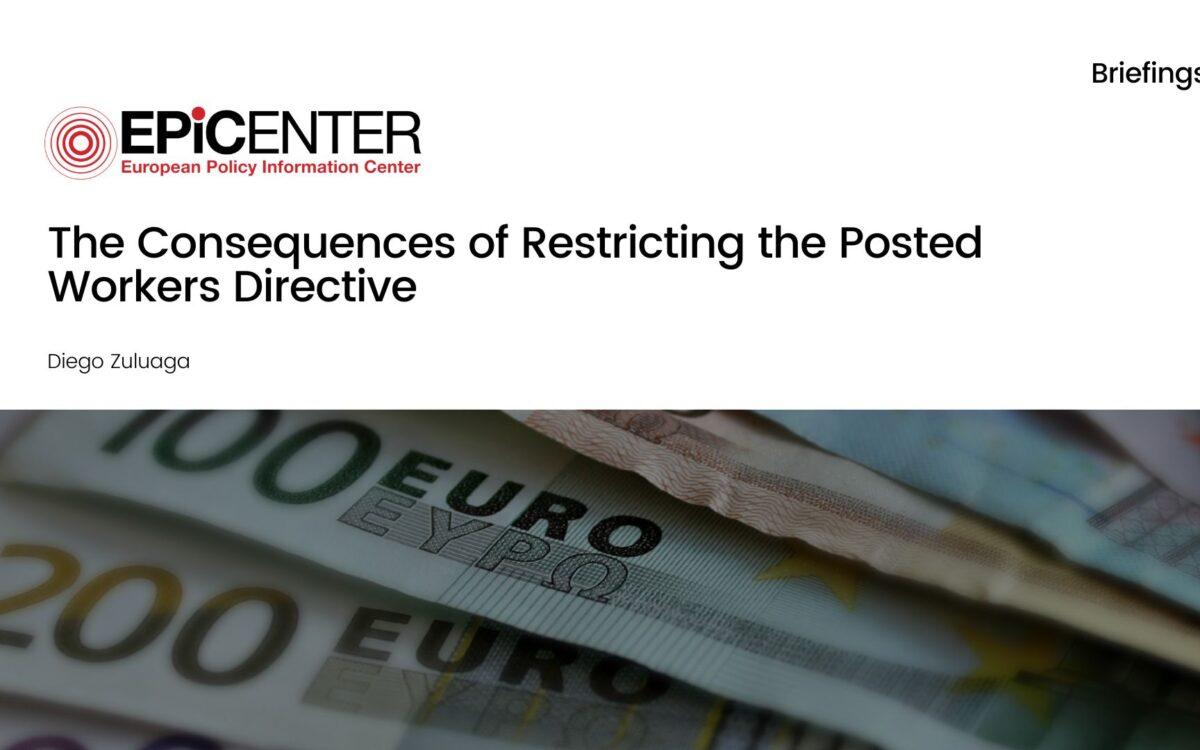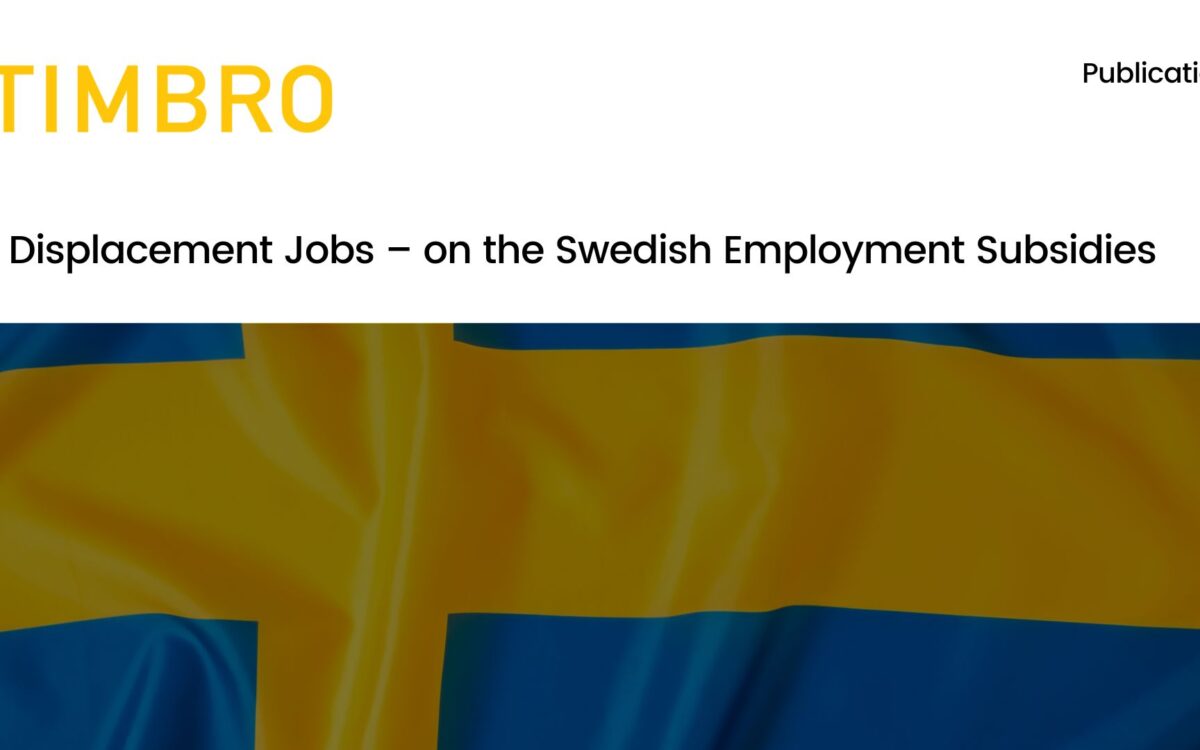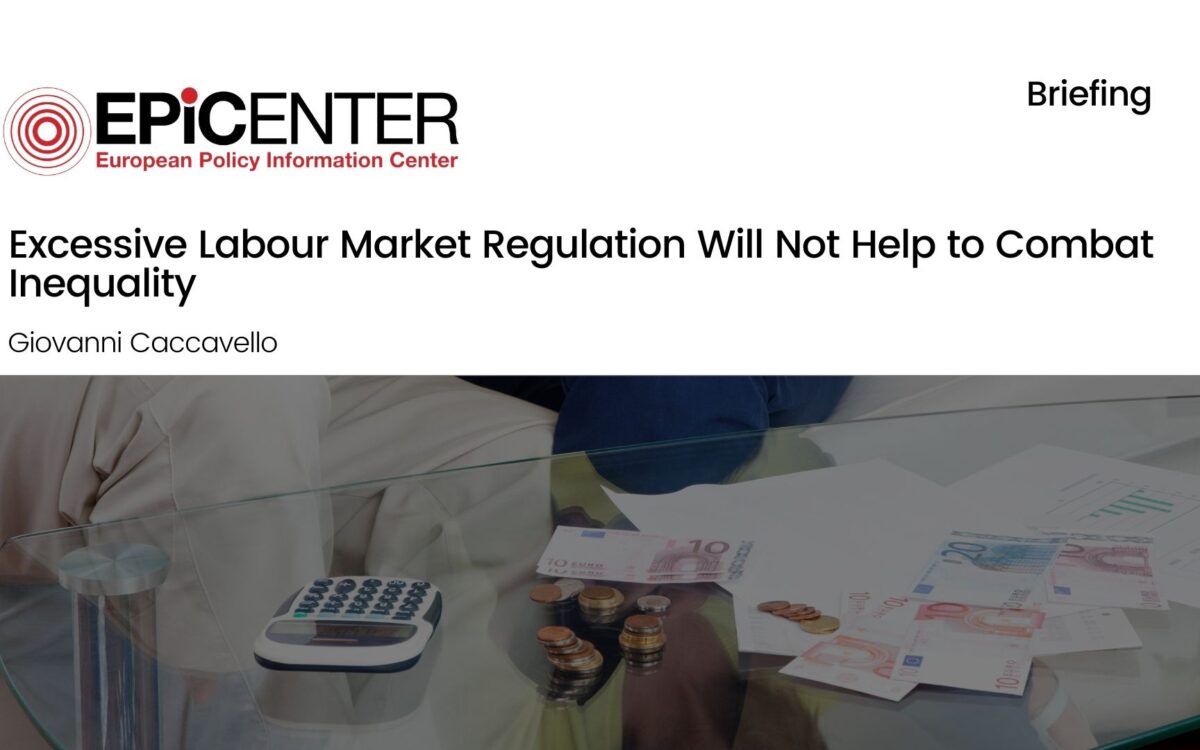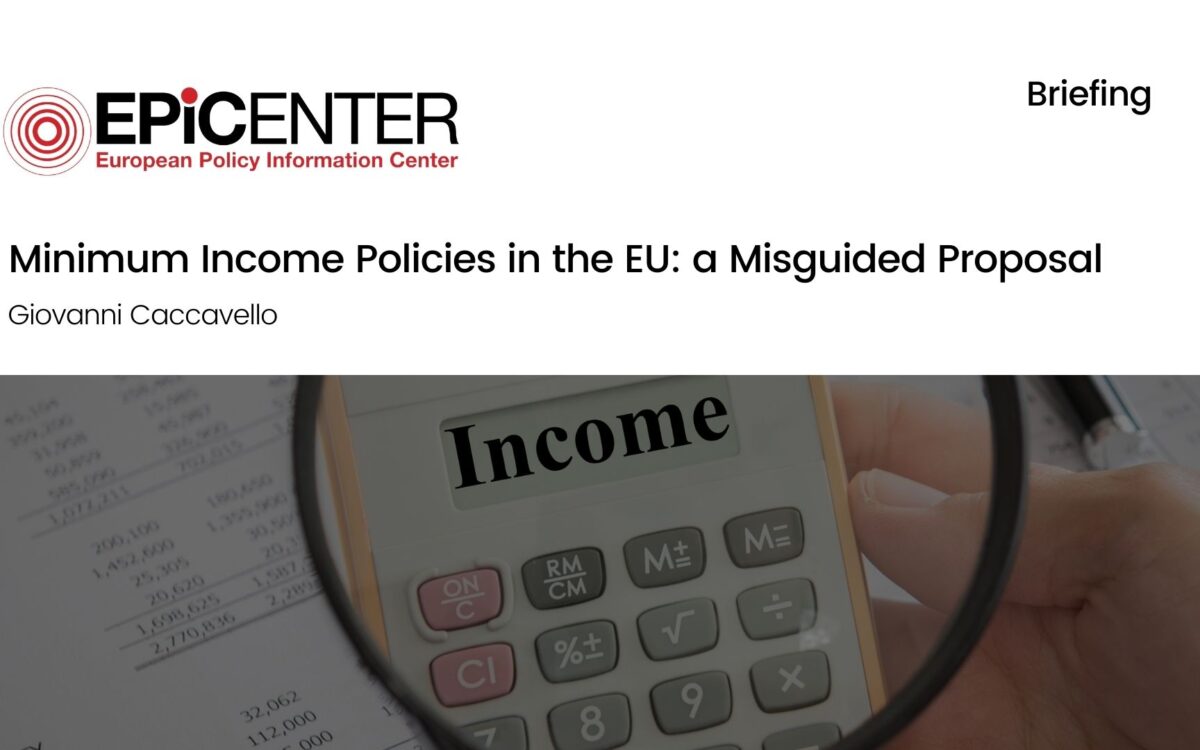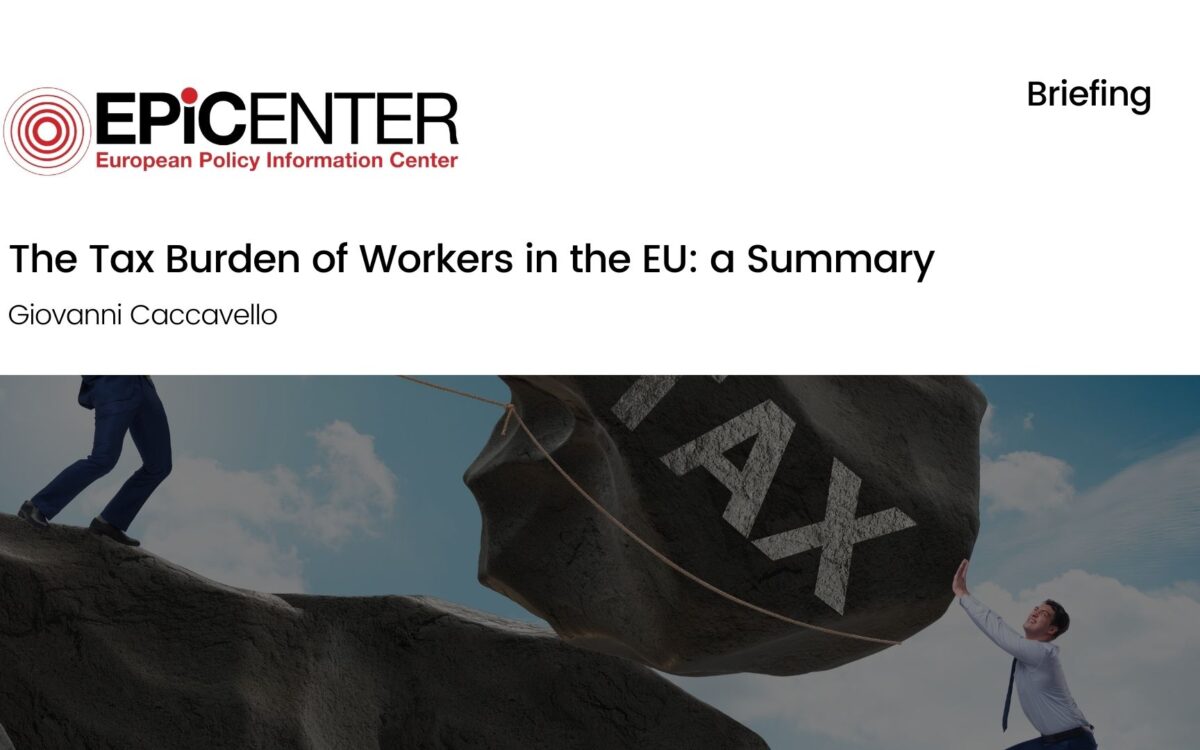September 10, 2018
Labour market flexibility may be characterized by the market participants’ abilities to deviate from standard labour regulations and typical forms of employment. Such possibilities may not only provide positive outcomes to both employers and employees, but they may also benefit the whole economy.
